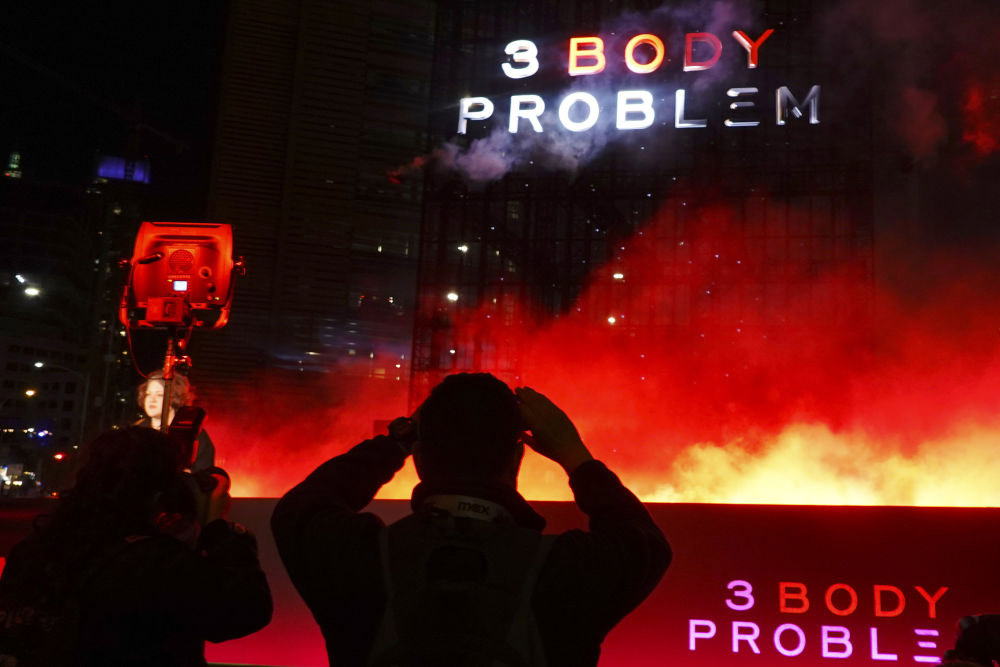
Will science fiction writers seek a helping hand from artificial intelligence, which is already assisting if not replacing humans in many forms of writing?
For acclaimed sci-fi author Liu Cixin of The Three-Body Problem, the answer is: not now, but not sure in the future.
"At least for now, I don't intend to include AI creation in my works," Liu says via video at a scifi forum in Beijing in December. "But, given its current speed of growth, AI may have strong writing ability in five to 10 years. By then, I wouldn't be so sure not to accept AI's help."
The Hugo Award winner says the fast development of AI technologies may make sci-fi writers like him "the last generation of sci-fi authors whose writing is undoubtedly done by humans".
READ MORE: Learning caution in the age of AI
"Of course, many future authors will stick to human writing, but that would need proof, and proving that could be difficult," he says.
Meanwhile, 61-year-old Liu says he is trying his best to write, even though it is slow and difficult.
"I will try my best to depict humans' relationships and future with the universe, and the many possibilities we may face," he says.
Liu is best known for his sci-fi trilogy Remembrance of Earth's Past, which has been translated into more than 30 languages and adapted into animation, television and radio dramas. Its film adaptation will be helmed by acclaimed Chinese director Zhang Yimou.
Machine writing is controversial for sci-fi writers. Award-winning sci-fi writer Ted Chiang reportedly said large language models are not creating interesting art, as they are programmed to take an average of or emulate the choices that writers have already made.
ALSO READ: Sci-fi author finds productive forces a 'shocking leap'
Ji Shaoting, the forum's organizer, says sci-fi writers have mixed feelings toward the advent of AI writing. "Some are boycotting AI writing while some are cooperating with AI, using it to fill in content."
"So far, what AI produces is boring, as it mostly does semantic rearrangements of existing texts and lacks thought processes. It is no match to human writers when it comes to creating new ideas," says Ji, a member of the science fiction committee of the China Writers Association.


